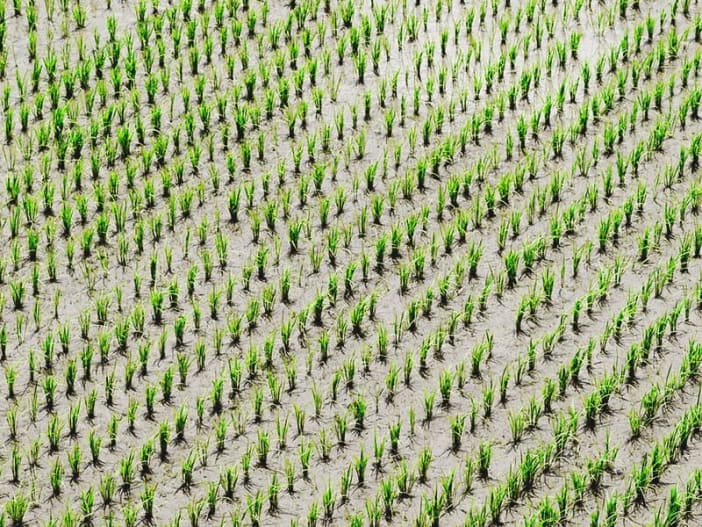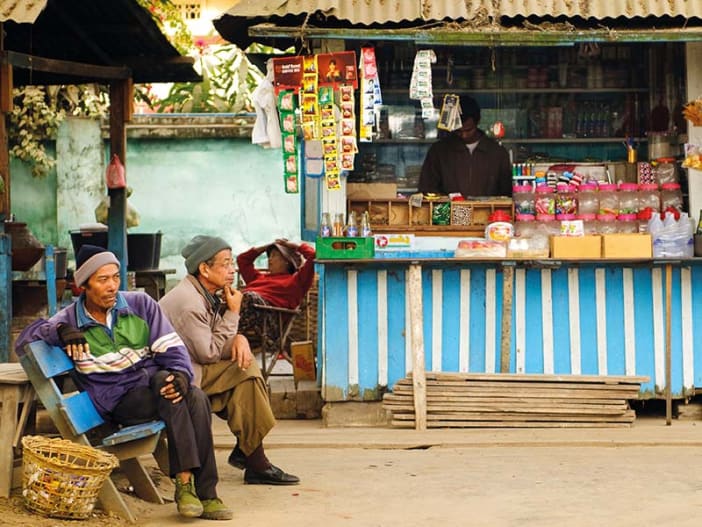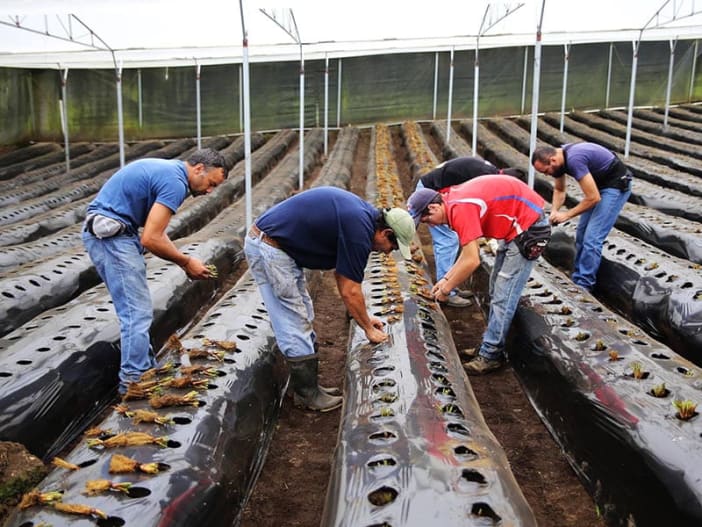The Miskito people in Honduras have traditionally always used batana oil – extracted from the nut of the American palm (Elaeis oleifera) – as a skin and hair treatment. It encourages thick, shiny hair and repairs damaged hair. Oils for cooking are also extracted from both the nut and husk, and the husk is used to make a type of porridge. After extracting the oil, the waste products provide a nutritious feed for the local pigs.
The palm grows wild in the tropical rainforests of Central and South America. Many palm trees grow in the isolated wetlands of Rio Kruta, a very poor region. Each tree produces from 10 to 20 very large bunches of fruit each year, from which 2 to 4 litres of raw oil can be extracted. The fruit is boiled and then pounded to remove the orange outer shell. The nuts are washed, sun-dried and cracked using a stone to release the kernel. These are cooked over a fire until the oil is extracted. Finally the hot oil is poured into glass bottles where it cools into a thick paste. During the 1980s the national NGO, MOPAWI, began to work with the communities to increase sales of batana oil outside the immediate area. However, despite their efforts, sales never rose above 2,000 litres a year.
Outside investment
In the late 1990s a Canadian businessman visited Kruta after noting the positive effects the oil was having on the hair of his Honduran wife. He had a lot of experience in producing beauty products. Working with MOPAWI, his company began to explore commercial possibilities for the oil, now called ‘Ojon’ (the Miskito name for the palm). After several years of research the company placed their first major order for 4,500 litres. They offered to pay over twice the previous market price for the raw oil. In 2004 production totalled 30,000 litres and in 2005 demand is expected to be as high as 50,000 litres. This will benefit over 1,000 producers and their families.
Previously, producers would paddle their canoes for up to three days each way in order to sell small quantities of oil in the nearest town. Now there are six local pick-up points. From Honduras, the oil is sent to a small village in Italy where it is made into luxury hair products that can now be bought in many parts of the world. (For information, see www.ojonhaircare.com.)
Producers have been given safety equipment to use when handling the hot oil and trials are under way testing different types of stoves that use less firewood. Both MOPAWI and the Ojon Corporation are focusing on the sustainable management of the forests where the palm grows naturally.
Quality of life
The communities in Kruta have seen significant improvements in their lives in terms of food security, housing and health. A scholarship fund for children from the area has also been established from the corporation’s profits. MOPAWI still co-ordinates all the purchasing arrangements for the oil. However, with training and the strengthening of local organisational capacity, it is hoped that producer associations will take over this role in the future. Other plans for the future include working with producer associations to obtain organic certification for their product and investigating possible fairtrade status. This guarantees a fair and stable price for producers and helps reach markets in the North.
The producers have chosen as their slogan ‘Ojon ba Dawan yamnika kum sa’, which means ‘Ojon is a blessing from God’!
Osvaldo Munguia and Judith Collins work for MOPAWI in Honduras. Osvaldo is Director and Judith is an Environmental Adviser assigned by Tearfund, UK.
E-mails:
[email protected]
[email protected]
Discussion questions
- What traditional food or medicinal products are grown and used in our area that could have a much wider market?
- How could we encourage research into possible markets without losing control of the product to outside commercial organisations?
- MOPAWI has played a crucial role in developing Ojon, ensuring that the benefits remain with the local producers and are sustainable. What organisations could help us in a similar way?
- Do we have food or other products that are produced without using chemicals or in ways that treat the producers well? Could we seek either organic status or Fairtrade status for our products?
Fairtrade
The Fairtrade Labelling Organisation (FLO) is responsible for Fairtrade certification for products. Their website is www.fairtrade.net
For non-food products, an organisation itself can become fairtrade registered.
Website: www.ifat.org/theftomark.html for more information.









